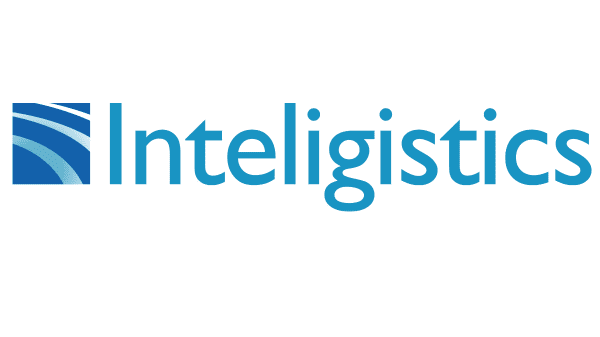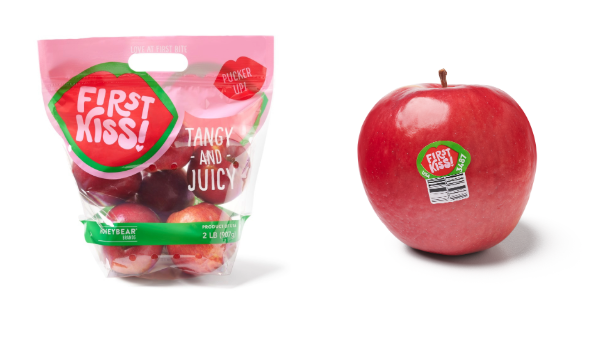Welcome to Blue Book!
Are you ready to join the thousands of companies who rely on Blue Book to drive smarter decisions? View our plans and get started today!
Still have questions? We’d love to show you what Blue Book can do for you. Drop us a line– we’ve been waiting for you.

Salinas, CA (August 4, 2025) — The perishable supply chain is inherently inefficient.
“Most companies that produce or sell perishable products recognize that they are losing up to 45% of their potential profits to waste and inefficiencies, yet despite having multiple platforms to collect data, they don’t know where their bottlenecks are, and what to do about it,” said Gary Fleming, Inteligistics’ CEO. “The data is there, but actionable insights are not. Most companies do not have the resources nor the expertise to capture the data, link the data together, and analyze the data.”
Including harvest operations, cooling, transportation, processing, packing, logistics and distribution, perishable products can be touched by 3-5 companies, and products tracked by 6 or more data platforms.
The lack of data transparency and connectivity results in inefficiencies that lead to increased costs, decreased productivity, and increased product waste and foodborne illness. This, in turn, leads to mistrust from consumers and supply chain partners, decreased profits and uninformed and delayed decision making.
“When data is collected, shared and analyzed, especially integrating the disparate and detached data into a single digital data platform with end-to-end visibility with the aid of AI and ML tools that can detect small trends from huge volumes of data, previously undetected problems are discovered and the solutions become obvious,” Fleming continued.
“For example, while it is impossible to eliminate all post-harvest food waste, using predictive shelf-life algorithms based on time and temperature monitoring to manage product movement and display has been found to reduce waste by up to 32%, thus leveraging remaining shelf life knowledge to sell more product. Since the costs for that product are already captured as expense, the added sales revenue is pure profit.”
Traceability Is More Than a Regulatory Requirement
Current and future regulatory requirements – such as the delayed FSMA 204 implementation – require traceability and tracking of raw and processed products. While there is an expense for the required data systems, the greatest potential costs are to lost sales and diminished brand reputation from product recalls and consumer illness and death due to outbreaks from food borne illness.
“Capturing product data at each leg of the supply chain not only provides the required traceability information, but it is also the same data needed to spot bottlenecks and provide operational insights,” said Lawrence Mallia, VP Digital Transformation. “And Inteligistics has the only complete supply chain data management system that is platform agnostic. We can work with data from any platform, including everything from GAC (Grower Accounting Systems), to ERP and WMS systems.”
For more information on Inteligistics, visit https://www.inteligistics.com.
About Inteligistics
Inteligistics is uniquely placed in perishables industries using Silicon Valley technology and process improvements to bring digital transformation, turn Big Data into clear actions through AI/ML, and deliver high value improvements to supply chain and cold chain performance for perishable commodities. The resulting increase in productivity and reduction in critical cut-to-cool times, resources help meet sustainability goals. Using IoT, off-the-shelf wireless hardware, and proprietary cloud-based applications, Inteligistics develops custom solutions and provides an end-to-end integrated supply chain platform and standalone applications that improve quality, throughput, increase profits and deliver high ROI on the critical process of moving product from field to consumer. Visit inteligistics.com and linkedin.com/company/inteligistics.
Contact:
Lawrence Mallia
(831) 233-2652
lmallia@inteligistics.com








